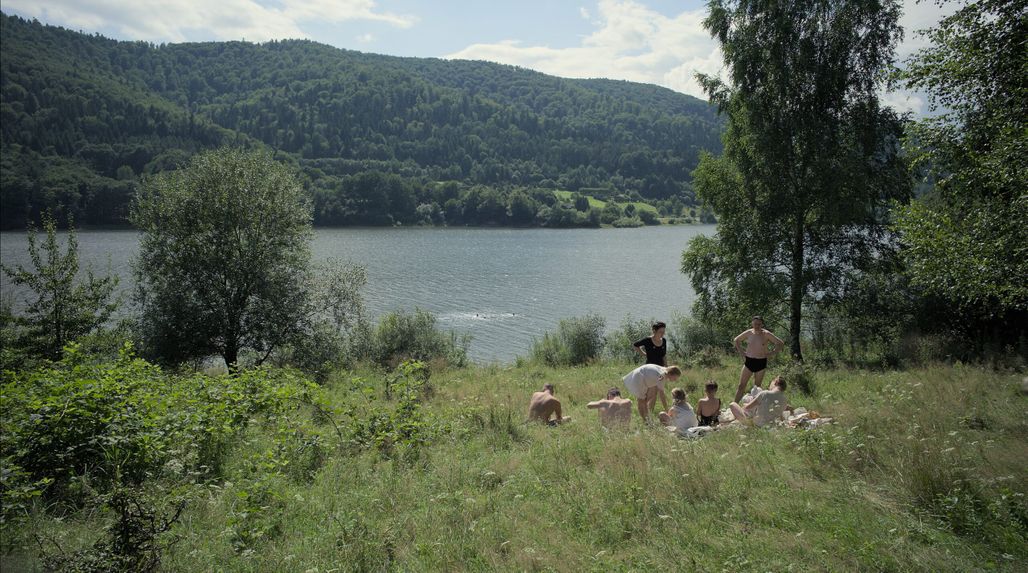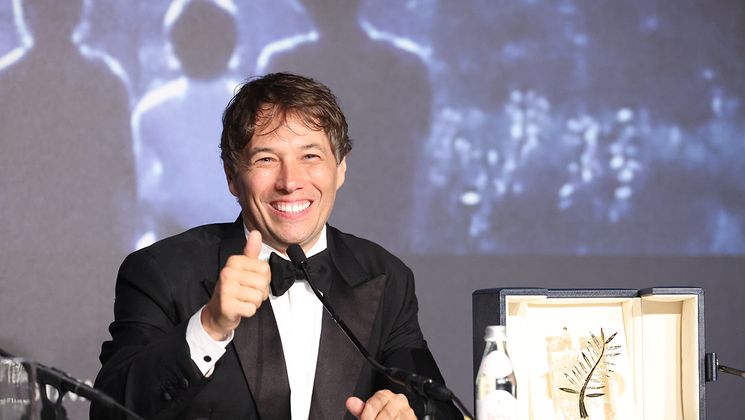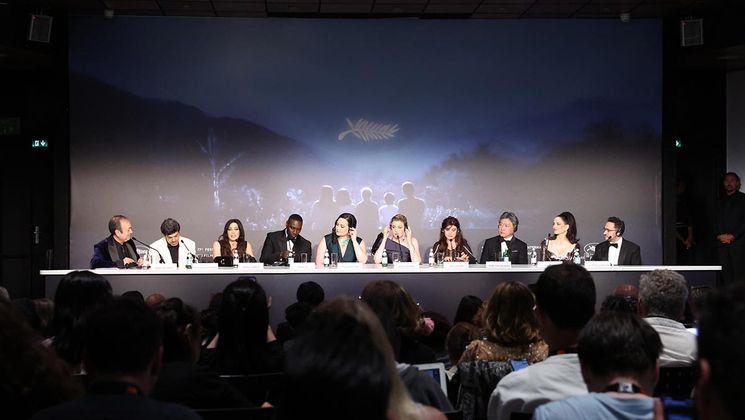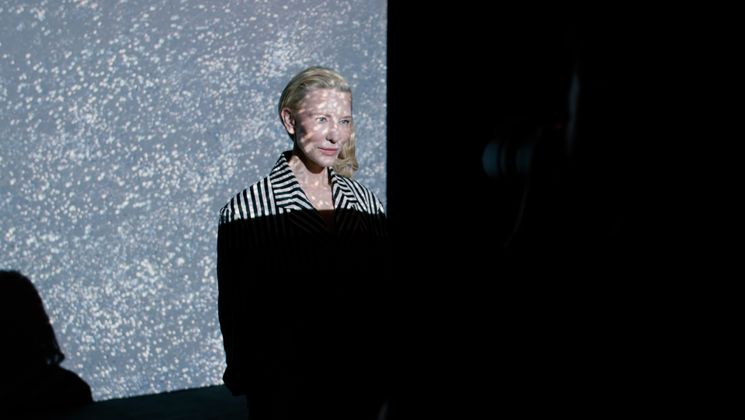
Jonathan Glazer reflects on humanity with The Zone Of Interest

Nine years after the fascinating Under the Skin, the British filmmaker brings us a freeform adaptation of Martin Amis’ novel of the same name, offering up a chilling snapshot of concentration camp realities and a reflection on the boundaries and borders of the human soul.
Atmosphere over linear narrative. A stripped-back aesthetic. The invisible put to work in a cinematographic style underpinned by a singular artistic approach that sets out to shape the viewer’s experience. Welcome to this director’s unique brand of film. Having arrived at film-making by way of music videos and advertising commercials, the all-too-rare Jonathan Glazer has been serving up reflections on the paradoxes of humanity ever since his first feature film Sexy Beast (2000).
In Under The Skin (2014), the director cast Scarlett Johansson as an impassive alien predator set on smothering young men drawn to her voluptuous ice-queen beauty in her thick black magma, lost somewhere in space and time. How our conscience handles the inconceivable may be the question at the heart of The Zone Of Interest, in which Jonathan Glazer draws on Martin Amis’ 2014 novel to offer up his own take on the horrors of the concentration camps, explored off-screen through an incredible use of sound.
The film tracks the everyday lives of a rich German family living next-door to Auschwitz. In the stunning house surrounded by gardens, the commandant and his wife are busy relishing the prospect of a bright future built on wealth stolen from the victims of the Holocaust, as millions of Jews from across Europe are dying right on their doorstep. Jonathan Glazer makes a point of keeping his camera distant, and has explained how he was struck by the archive images that showed those living next-door to the death camps “enjoying“ this “spectacle“.
As if to better shine a light on the truth of the Holocaust, the director chose to shoot the film in Poland and Germany, using the Nazis’ dated, trademark turns of phrase and grammar. The cast includes Sandra Hüller, who broke through in Cannes in 2016 in Toni Erdmann by Maren Ade, and Christian Friedel who starred in 2009’sThe White Ribbon by Michael Haneke.


